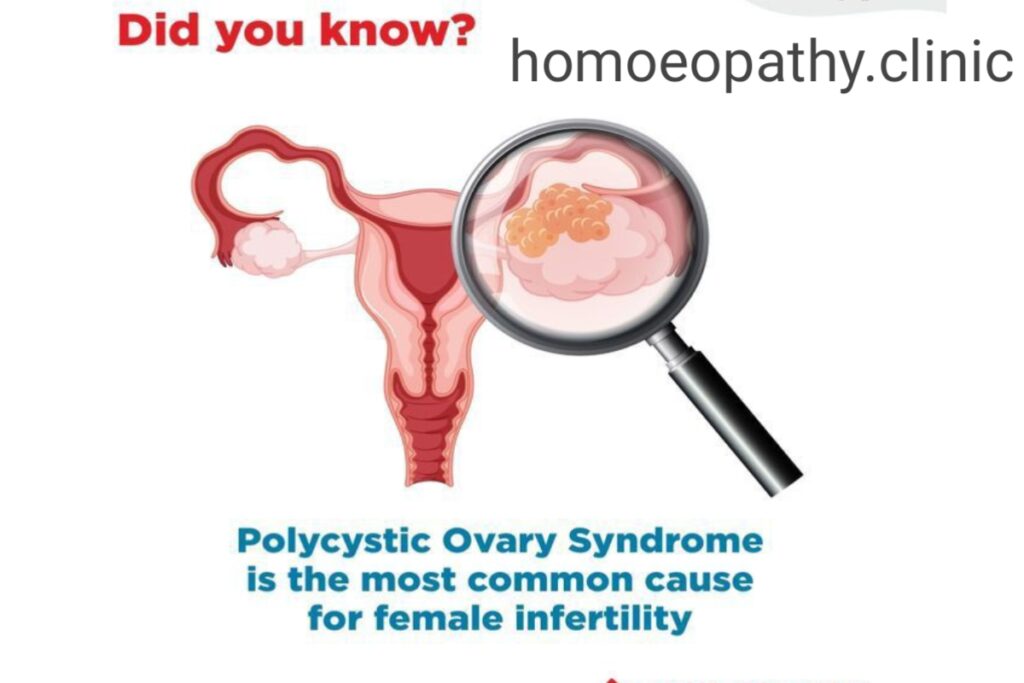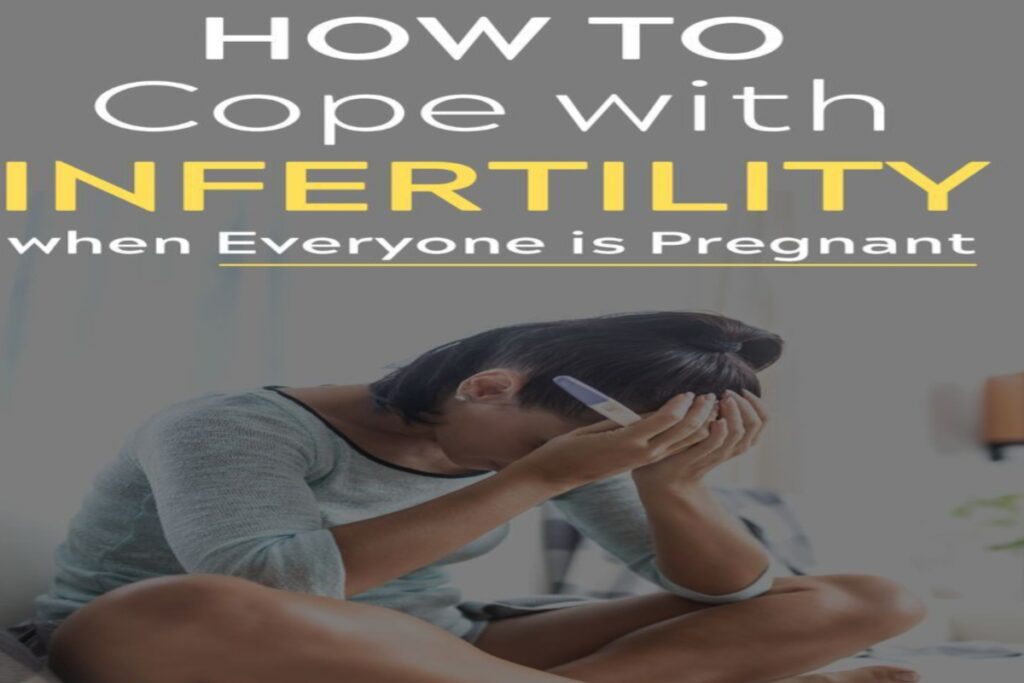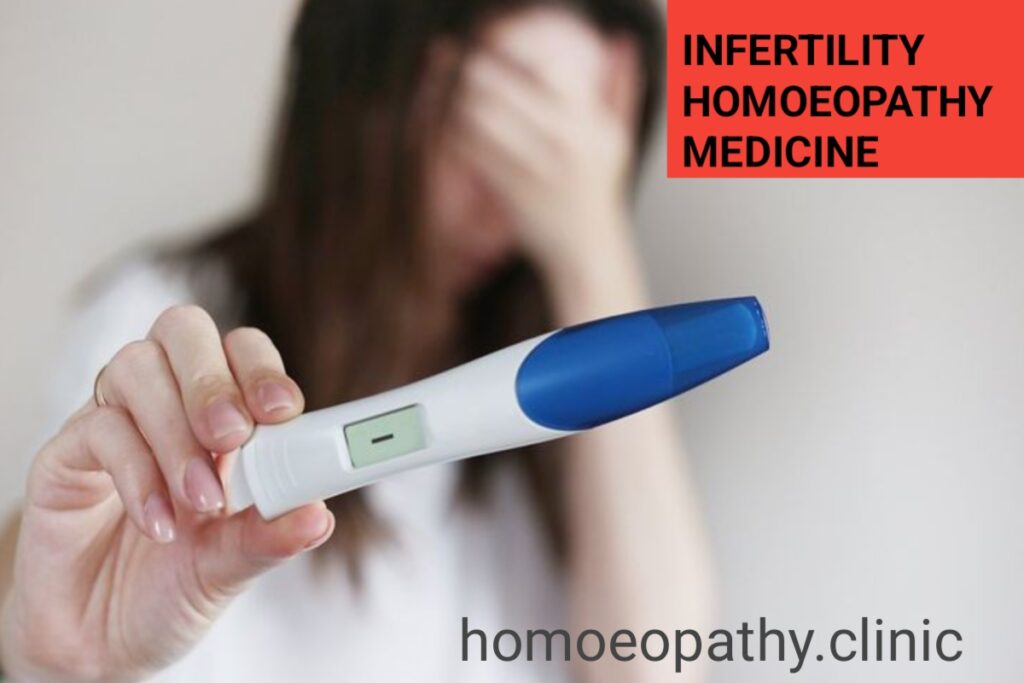Treating Female Infertility of Over 10 Years with Homeopathy: A Comprehensive Guide
Female infertility, defined as the inability to conceive after 12 months of unprotected intercourse, can be a deeply challenging experience. When infertility persists for over a decade, the emotional, physical, and psychological toll intensifies. While conventional treatments like IVF, hormone therapy, or surgery are common, many individuals seek alternative approaches such as homeopathy to address underlying causes holistically. This article explores how homeopathy may offer hope for long-standing female infertility, outlining a step-by-step treatment framework, common remedies, and integrative strategies.

Understanding Female Infertility
Infertility in women can stem from diverse factors, including:
- Ovulatory Disorders: PCOS, thyroid imbalances, or premature ovarian failure.
- Structural Issues: Blocked fallopian tubes, fibroids, endometriosis, or uterine abnormalities.
- Hormonal Imbalances: Estrogen dominance, progesterone deficiency, or hypothalamic dysfunction.
- Lifestyle Factors: Chronic stress, obesity, poor nutrition, or environmental toxins.
- Unexplained Infertility: Cases where medical tests show no clear cause.
Persistent infertility (10+ years) often involves complex, multifactorial issues requiring a nuanced approach. Homeopathy aims to address these root causes by stimulating the body’s self-healing mechanisms.
Homeopathy’s Holistic Approach
Homeopathy operates on the principle of “like cures like,” using highly diluted natural substances to trigger healing. Unlike conventional medicine, which often targets symptoms, homeopathy evaluates the whole person—physical, emotional, and mental states—to identify individualized remedies.
Key Benefits for Infertility:
- Balances hormones and regulates menstrual cycles.
- Reduces inflammation (e.g., endometriosis, pelvic adhesions).
- Addresses stress and emotional trauma linked to infertility.
- Enhances overall reproductive health without side effects.
Step-by-Step Homeopathic Treatment Plan
1. Consultation with a Qualified Homeopath
Begin with a detailed consultation with a licensed homeopath specializing in fertility. They will:
- Review medical history, including prior treatments (IVF, surgeries, etc.).
- Assess menstrual patterns, hormonal profiles, and lifestyle habits.
- Explore emotional states (anxiety, grief, relationship stress).
Example Questions:
- “How do you cope with the stress of infertility?”
- “Describe your menstrual flow, pain, or irregularities.”
2. Case Analysis and Remedy Selection
Homeopaths analyze symptoms to identify a constitutional remedy tailored to the individual. For chronic infertility, remedies often focus on:
- Hormonal Regulation
- Uterine/Reproductive Health
- Emotional Resilience

Common Remedies for Female Infertility:
- Sepia: For hormonal imbalances, irregular cycles, or low libido. Suits women feeling emotionally detached or overwhelmed.
- Pulsatilla: Irregular periods, PCOS, or hormonal shifts exacerbated by stress. Ideal for emotionally sensitive individuals.
- Natrum Muriaticum: Infertility linked to grief, suppressed emotions, or thyroid disorders.
- Aurum Metallicum: Deep emotional despair or hormonal deficiencies (e.g., low progesterone).
- Sabina: Recurrent miscarriages, heavy bleeding, or pelvic inflammation.
- Lachesis: Left-sided ovarian pain, endometriosis, or menopausal symptoms.
3. Dosage and Potency
Remedies are prescribed in varying potencies (e.g., 30C, 200C) based on symptom severity:
- Low Potencies (6C–30C): For acute symptoms (e.g., menstrual cramps).
- High Potencies (200C–1M): For chronic, deep-seated issues like long-term infertility.
Note: Dosages are adjusted over time as symptoms evolve.
4. Follow-Up and Remedy Adjustments
Monthly follow-ups track progress, such as:
- Improved menstrual regularity.
- Reduced pain or PMS symptoms.
- Enhanced emotional well-being.
The homeopath may modify remedies or potencies based on response.
5. Integrative Lifestyle Support
Homeopathy works best alongside lifestyle changes:
- Nutrition: Antioxidant-rich diets, zinc, and folate for ovarian health.
- Stress Management: Yoga, meditation, or acupuncture.
- Detoxification: Reduce exposure to endocrine disruptors (plastics, pesticides).
Scientific Evidence and Success Stories
While large-scale studies on homeopathy for infertility are limited, smaller trials and anecdotal reports highlight its potential:
- A 2018 study in Homeopathy found individualized remedies improved pregnancy rates in women with PCOS.
- Case studies report success in resolving fibroids, regulating cycles, and restoring fertility after years of struggle.
Patient Story: A 38-year-old woman with 12 years of infertility and endometriosis conceived after 18 months of homeopathic treatment with Thlaspi Bursa (for scar tissue) and Calcarea Carbonica (hormonal balance).
Safety and Precautions
- Collaborate with Healthcare Providers: Inform your OB/GYN about homeopathic treatment to ensure compatibility with conventional care.
- Avoid Self-Prescribing: Chronic infertility requires professional guidance.
- Patience is Key: Homeopathy may take 6–18 months to show results in long-standing cases.
Conclusion
For women grappling with infertility beyond a decade, homeopathy offers a gentle, holistic pathway to address physical and emotional barriers to conception. By tailoring remedies to individual needs and fostering overall well-being, it complements conventional fertility treatments and empowers women to reclaim agency over their reproductive health.
Takeaway: While not a guaranteed solution, homeopathy’s personalized approach may unlock new possibilities where other treatments have fallen short. Always consult a qualified practitioner to design a plan aligned with your unique journey.

